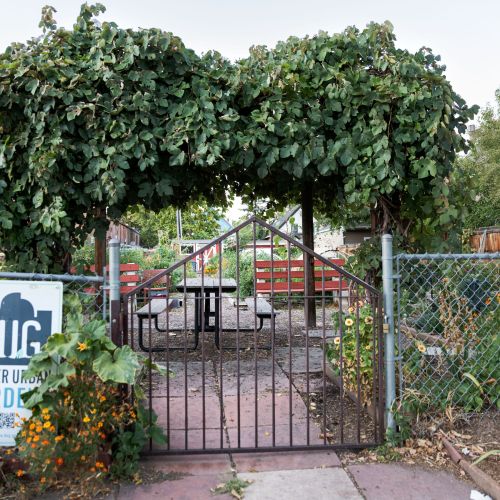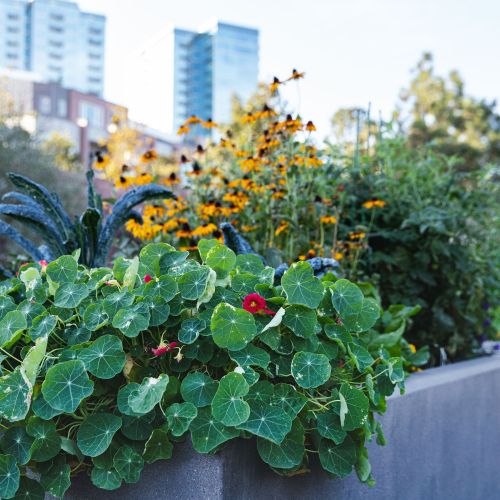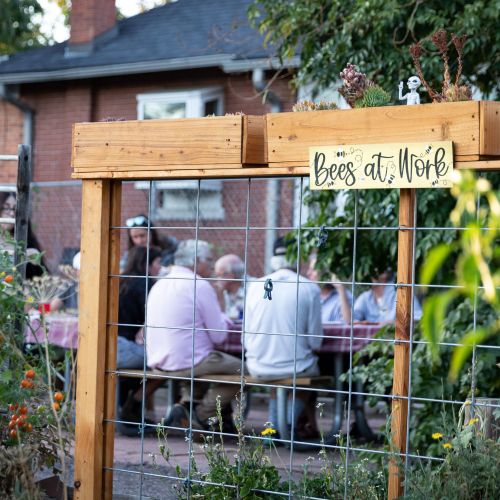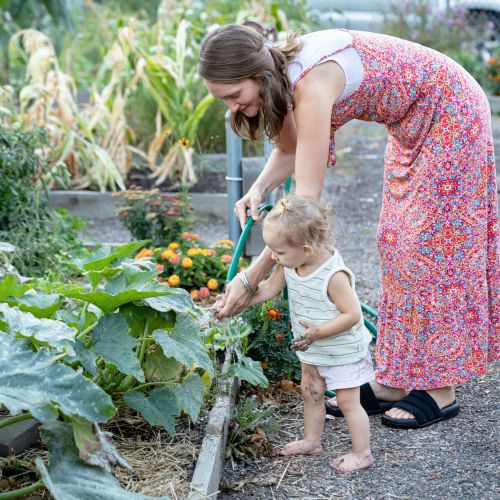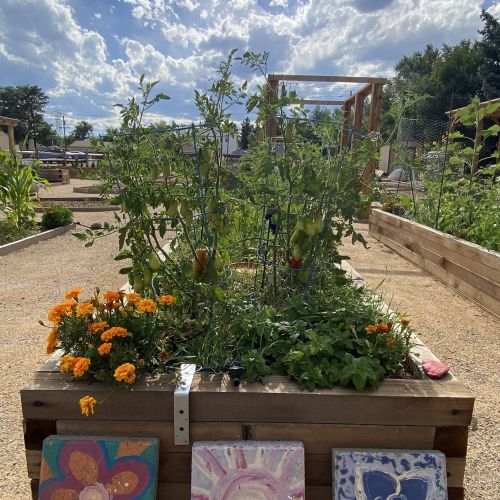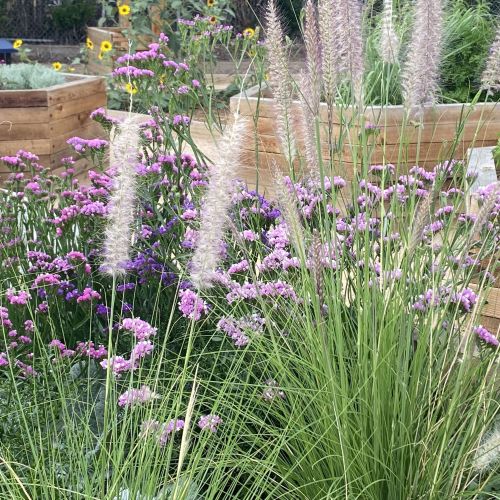About
DUG's community garden network and food forests are places where food can be grown alongside the cultivation of community and climate resiliency.
Program Details
Denver Urban Garden's mission is to provide access, skills, and resources for people to grow healthy food within their community and regenerate urban green spaces.
Denver Urban Gardens (DUG) started as a grassroots movement in the late 1970s. DUG was formally incorporated as a 501(c)(3) non-profit organization in 1985 to support Denver residents in creating sustainable, food-producing neighborhood community gardens. Over the past 35+ years, our network of community gardens has expanded across six metro Denver counties. We currently oversee 200 community gardens, which includes 66 school-based gardens, and 20 food forests.
In addition to our gardens, DUG programs provide access, skills, and resources to help people grow food in their communities and regenerate urban green spaces. We offer youth programs, skill-building workshops for adults, community-centered events, volunteer workdays, free and reduced-cost seeds and seedlings, therapeutic gardens, and compost training.
Populations Served
DUG's gardens and food forests serve over 20,000 people. There are over 40 languages spoken in the gardens in support of our diverse demographics. About 1/3 of DUG’s community gardens are in low-income, low-access areas of the Denver Metro area.
Contact Lara Fahnestock, DUG, Director Therapeutic Garden Initiative lara@dug.org https://dug.org/
Services Offered
- Community garden plots
- Garden leadership training and support
- Landowner use agreements
- Garden education for youth and adults
- Therapeutic gardens with socio-emotional learning opportunities
- Garden team building workdays
- “Pay what you can” seeds and seedlings
- Composting education
- Food forest planning and building
Staff Composition
22 full-time staff members and 4 seasonal support staff
Cost to Participate
The education classes, seeds and seedling, and community garden plot fees are available as a “pay what you can” model
